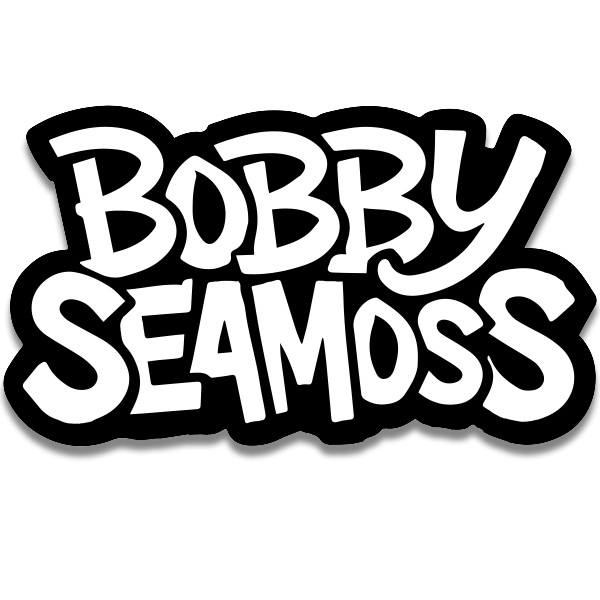Can You Bring Edibles on a Plane? The Clear, Legal Answer
Bobby SeamossShare
If you’re researching can you bring edibles on a plane, you’re not alone. Travelers regularly wonder whether gummies, chocolates, or other cannabis products can fly with them. The short answer in the United States is no for THC products, even where a state has legalized cannabis. Air travel is governed by federal law and airport security rules, not state statutes. This guide explains the why, the limited exceptions, and safer alternatives—without encouraging any illegal behavior.
TL;DR
Why federal rules matter more than state legalization
The limited exceptions
When people ask can you bring edibles on a plane, they often mean THC gummies. Those are not allowed under federal law. Two narrow carve-outs do exist:
Hemp-derived products with ≤0.3% delta-9 THC by dry weight (e.g., some CBD items) are federally legal under the 2018 Farm Bill. Labels should clearly indicate compliance, and products must actually meet the threshold. State laws on hemp derivatives can still vary. Congress.gov Department of Transportation
FDA-approved cannabis medications are permitted like other prescription drugs in carry-on or checked bags, consistent with TSA medication rules. Examples include certain cannabis-derived or cannabis-related prescriptions. TSA
Neither exception authorizes traveling with standard THC edibles from a dispensary. If you are unsure whether your product qualifies, assume it does not. TSA
Domestic vs. international flights
Another common question is can you bring edibles on a plane for an international trip. Crossing borders multiplies your risk: you move from one country’s criminal laws and customs controls to another’s. Even if a destination has a legal cannabis framework, customs inspections and import laws may prohibit possession on arrival. For instance - here is LAX's Marijuana Policy. U.S. agencies explicitly remind travelers that marijuana remains illegal under federal law at the border and warn against crossing with any amount; Canada likewise states, “Don’t bring it in. Don’t take it out.” U.S. Customs and Border Protection+1Canada Border Services Agency
Checked bag vs. carry-on: does it change the answer?
What about CBD or hemp gummies?
Consequences and risks
Safer alternatives to consider
If you’re still weighing can you bring edibles on a plane, consider these traveler-friendly alternatives that respect the rules:
Buy legally at your destination if local laws allow it.
Skip carrying altogether and plan a cannabis-free travel window.
If you rely on an FDA-approved prescription cannabinoid medicine, pack it like any other medication—with documentation, in original containers. TSA
For non-intoxicating options, choose hemp-derived CBD products that clearly state ≤0.3% delta-9 THC and confirm compliance with destination rules. Department of Transportation
When traveling internationally, assume the strictest standard and do not transport cannabis products across borders. U.S. Customs and Border Protection Canada Border Services Agency
FAQs
Q: In simple terms, can you bring edibles on a plane?
A: For THC edibles, no under U.S. federal law. Hemp-derived, ≤0.3% delta-9 THC products and certain FDA-approved medicines are the limited exceptions. TSA
Q: Can you bring edibles on a plane if both states are legal?
A: State legalization does not control federal air travel. Screening and airspace are federal domains, so THC edibles remain prohibited during the journey. TSA
Q: Can you bring edibles on a plane if they’re labeled “hemp”?
A: Only if they truly meet the ≤0.3% delta-9 THC federal limit and comply with any state or international rules along your route. Mislabeling is common, so caution is warranted. Congress.gov Department of Transportation
Q: Can you bring edibles on a plane in your checked suitcase instead of carry-on?
A: The rule does not change. THC edibles are prohibited in both checked and carry-on baggage. TSA
Q: Can you bring edibles on a plane to another country?
A: International travel adds customs and import restrictions. Do not carry cannabis products across borders unless a specific, lawful authorization applies—which is rare. Canada Border Services Agency U.S. Customs and Border Protection
